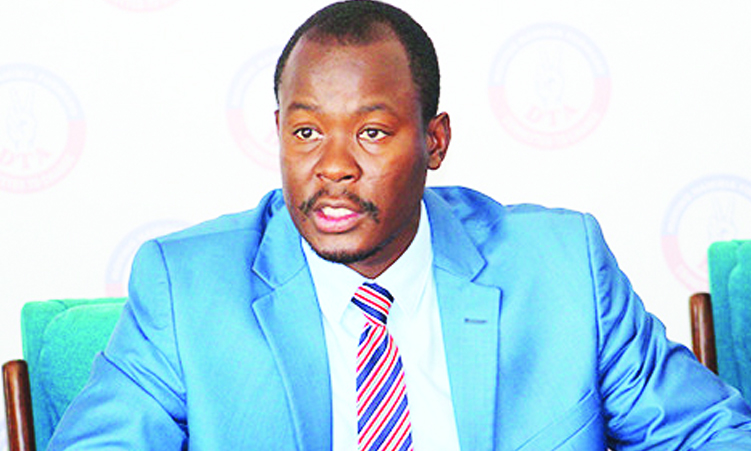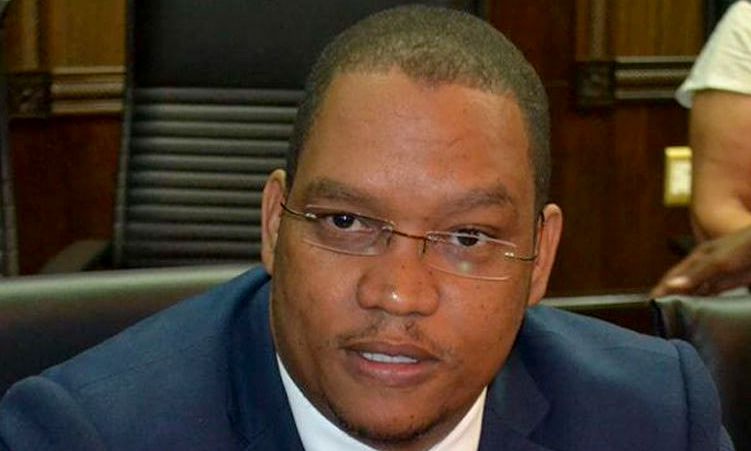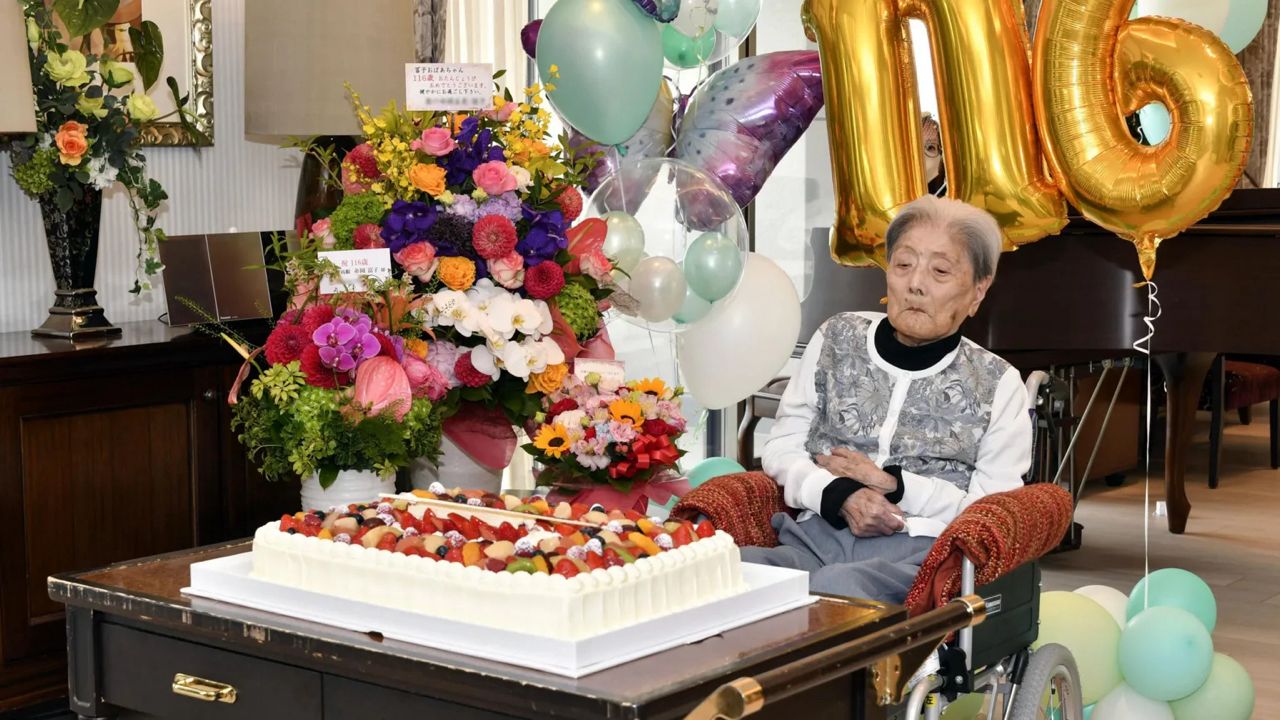Ombudsman Basillus Dyakugha has raised concern about what he deemed the fast-tracking of bills by the parliament without public scrutiny.
He says this is not in line with Namibia being a participatory democracy.
He said this in the wake of the unanimous passing of anti-same-sex marriage bills by the National Assembly (NA) on Tuesday.
The NA passed the private member’s bills introduced by Swapo lawmaker Jerry Ekandjo to define the terms ‘marriage’, ‘same-sex marriage’, and ‘spouse’ and amend the Marriage Act of 1961.
The bills further seek to prohibit same-sex marriage.
They were unanimously passed by the house.
The ombudsman said: “The culture of passing legislation in a speedy manner should be discouraged, because Namibia is a participatory democracy.
“In the past, if the legislature realised that a particular bill was receiving a lot of public attention, such a proposed law would be brought to a public platform at a public hearing for input from the electorate.”
Dyakugha said passing bills quickly could reduce the law-making process to a game of numbers, through which certain bills could be pushed into law by virtue of a two-third majority or unanimous decision.
He expressed hope that since these bills were necessitated because of a Supreme Court ruling, the judiciary would monitor its passing to ensure it is in line with the Constitution.
The ombudsman advised people who are against the bills to petition the speaker of the NA to request that this particular bill be subject to a public hearing for further deliberation.
Opposers of the bills can also wait until the laws are passed and then approach the Supreme Court to invalidate the laws if they have grounds to prove they are violating their rights, Dyakugha said.
“We cannot stop the legislature from making laws, but there are checks and balances through which the public can ensure that all the laws from the august house are above board and in line with the Constitution,” he said.
Dyakugha said the president can refuse to pass any law provided it is in conflict with the Constitution, and if it is not urgent or there are no funds to implement the activity for which it is being passed.
JUDICIARY IN DISPUTE
Popular Democratic Movement (PDM) member of parliament (MP) Vipua Muharukua says there is no way the bills will be recalled, not even by the head of state.
“The bills were passed unanimously. The president will have to sign the bills once we have passed them through the National Council,” he says.
“Any law can be challenged in court as the protector of our Constitution. They can explore that avenue. If they do go to court, we’ll change the Constitution with 95% of the vote, and also look at how judges are appointed to produce such absurd, unpatriotic results.
“This issue has put the whole judiciary in disrepute,” he says.
He says Article 45 of the Constitution directs members of parliament to represent all the people of Namibia.
“What I have expressed is the need for the parliament to discuss the matter, and that involves debating the objectives of our Constitution, which automatically should be in tandem with the public interest.
“I also supported the call for a referendum to determine the society that Namibia is or wants to be,” he says.
CONSTITUTIONAL THREAT
Toni Hancox, Legal Assistance Centre director has expressed her disappointment, emphasising the importance of dignity as a fundamental right for every person.
She questioned the absence of a strong opposition to the bills and raised concerns about the possibility of future constitutional changes becoming a slippery slope.
“And then to mention that we can ‘fix’ the Constitution. What does that bode for the future? Every time the government does not like a constitutional provision, they just change it?” Hancox asked.
Civil rights activist Omar van Reenen has expressed his intention to challenge the constitutionality of Ekandjo’s bills in court.
“We are looking forward to protecting our constitutional democracy, unlike Swapo itself, and challenging this unconstitutional bill in court,” he says.
Van Reenen accuses Swapo of wasting taxpayers’ funds and the valuable time of the Namibian people, eagerly anticipating the opportunity to vote out those responsible for this controversial legislation.
Lawyer Nafimane Halweendo strongly criticises the introduction of the bills, saying not only do they undermine the principle of constitutional democracy, but also demonstrate a lack of informed decision-making among parliamentarians.
“The move to table a bill intended to override the Supreme Court’s judgement is a serious threat to our constitutional democracy. It also shows that parliamentarians are ill-advised,” he says.
Stay informed with The Namibian – your source for credible journalism. Get in-depth reporting and opinions for
only N$85 a month. Invest in journalism, invest in democracy –
Subscribe Now!








